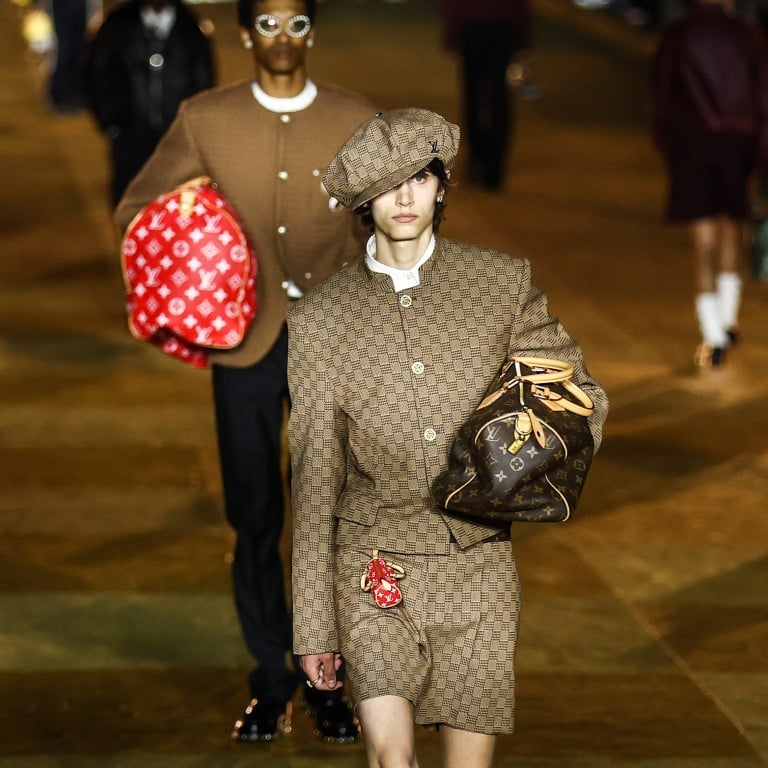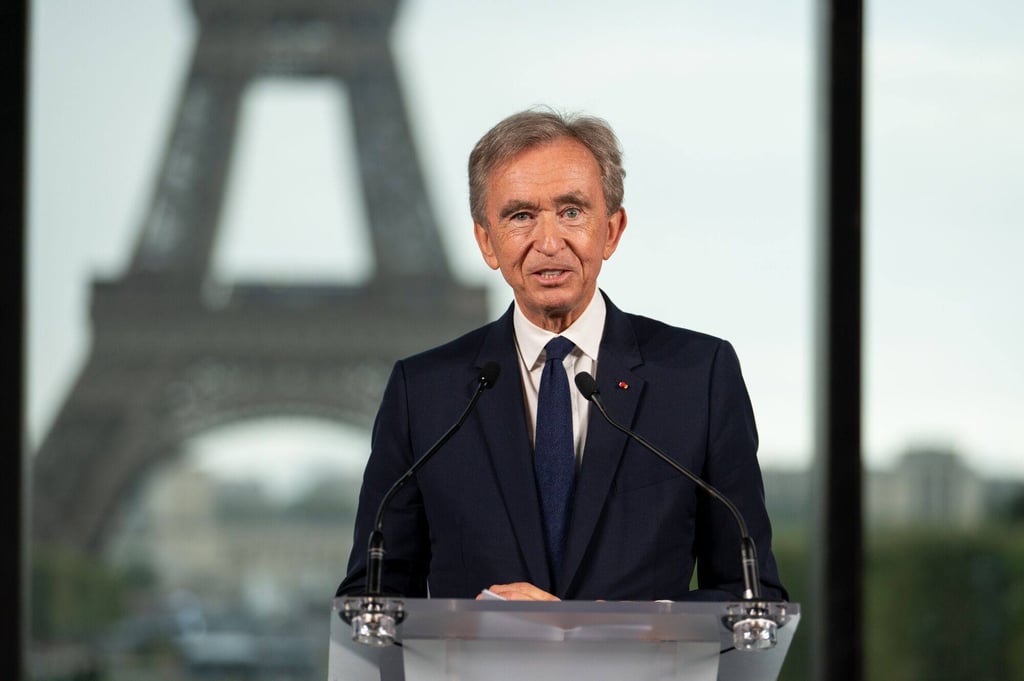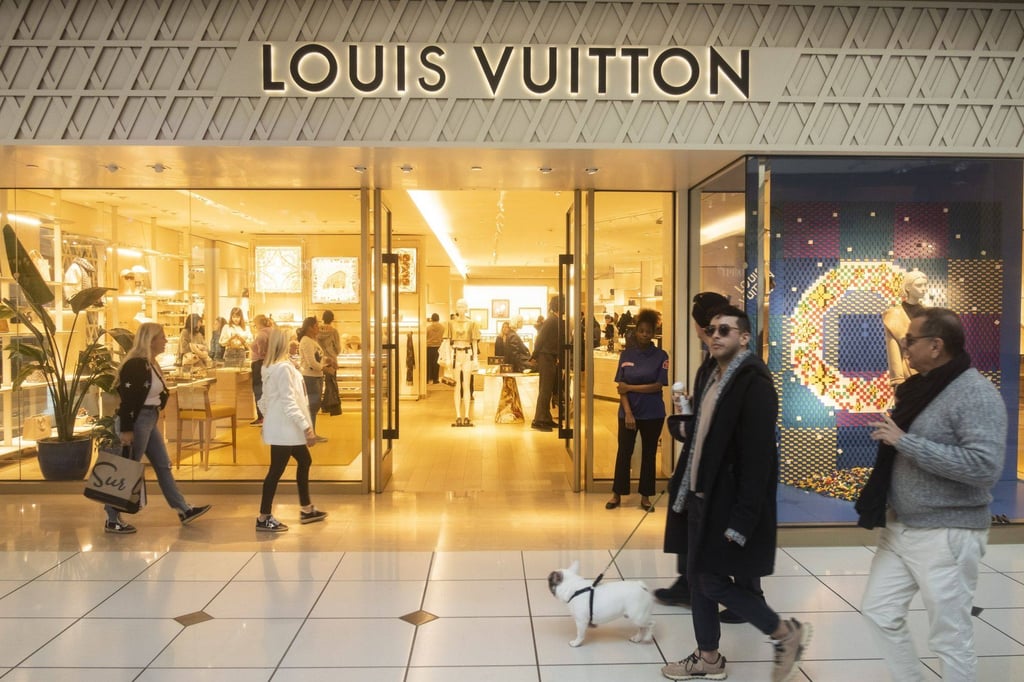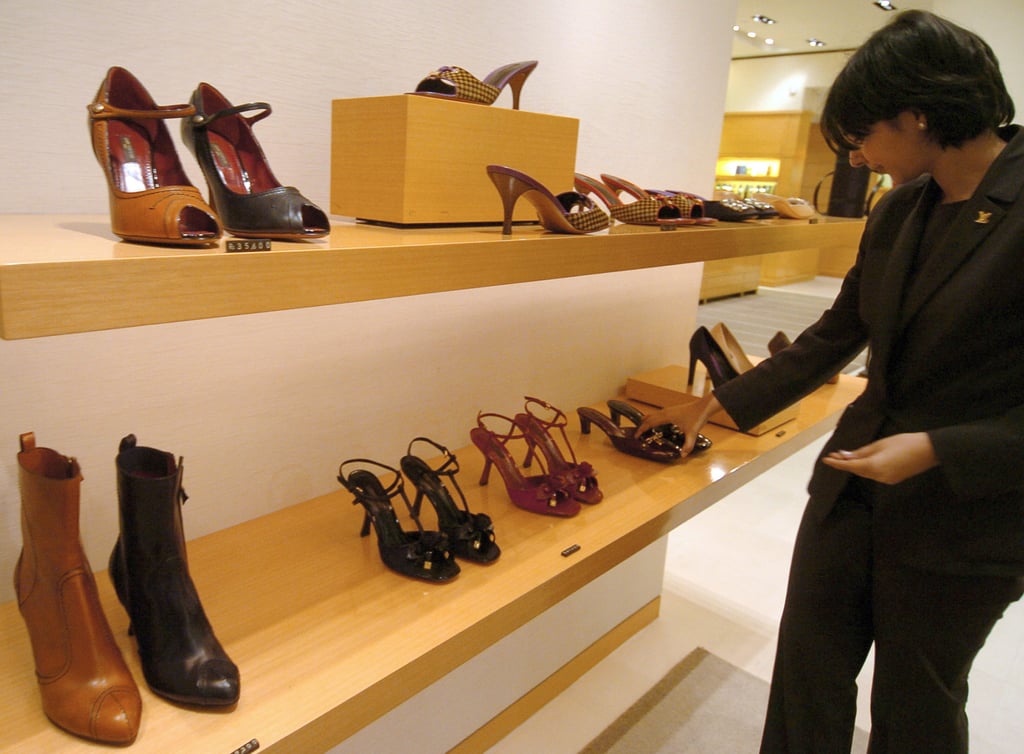How LVMH plans to reattract ‘aspirational’ luxury shoppers: the US consumer is thinking twice about spending amid high inflation – but don’t expect discounts from the fashion giant behind LV and Dior

- While most retailers would drop their prices to encourage customers to spend more cash, LVMH will continue to focus on ‘increasing the desirability of the brands’, said CFO Jean-Jacques Guiony
- The aspirational shopper is the key to revenue, not high net worth individuals – but even as Gen Z takes over, going too mainstream can backfire, as Coach and Michael Kors learned
LVMH needs sales from “aspirational” customers, but offering major discounts to keep them would spell trouble for the company.
Most retailers will do almost anything to encourage customers to come back and buy more products, especially when those shoppers begin to tighten their purse strings. Typical strategies include bigger ads, deeper discounts, cheaper merchandise and more, chasing after a shrinking pool of consumer spending.
But that’s not how French luxury conglomerate LVMH does business.

Flush with surplus cash, these middle-income shoppers splurged on handbags and perfumes, propelling LVMH to record profits last year.

“The aspirational customer is suffering a bit,” LVMH CFO Jean-Jacques Guiony said on the company’s earnings call Tuesday, citing lower sales online and in “second-tier cities”.
While big-box stores are stepping up with markdowns to boost sales, that approach would spell disaster for a luxury brand, which needs to preserve an image of exclusivity and rarity.
“Extensive discounting to stimulate sales is never a good idea as while it can provide a short-term boost, it usually causes long-term damage to the brand which becomes more ubiquitous,” GlobalData retail analyst Neil Saunders said.
